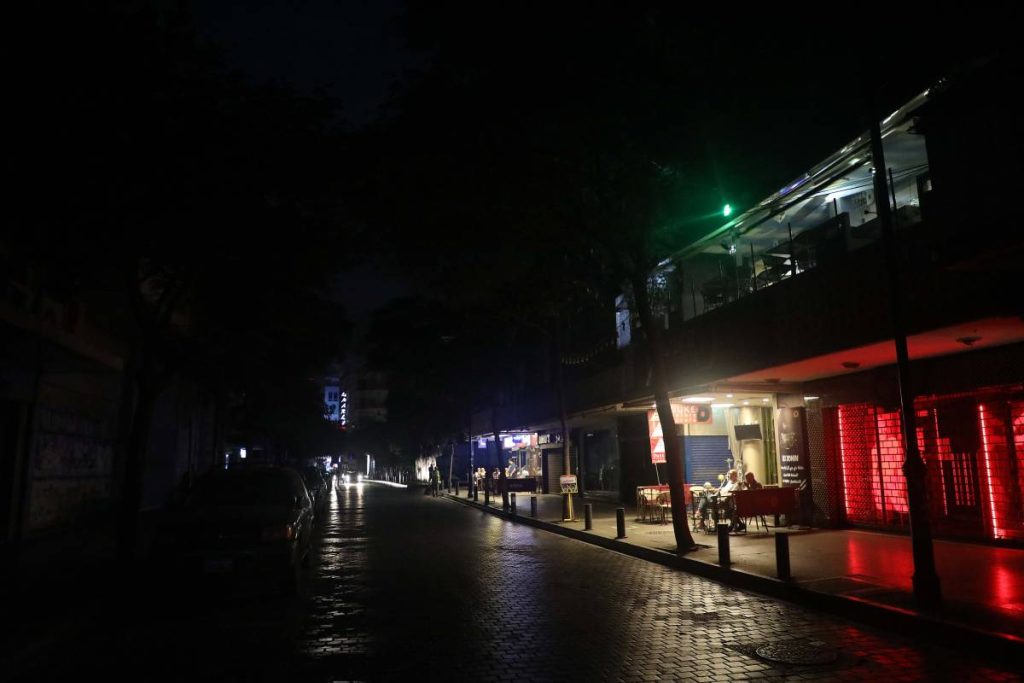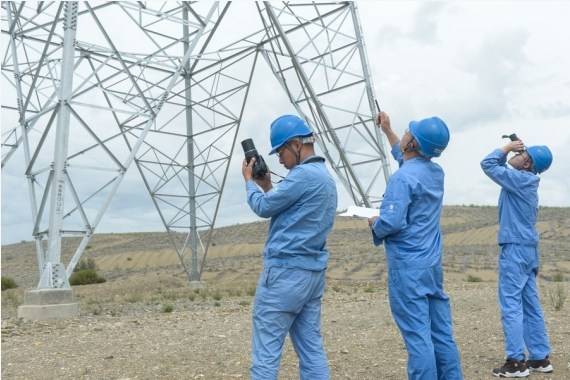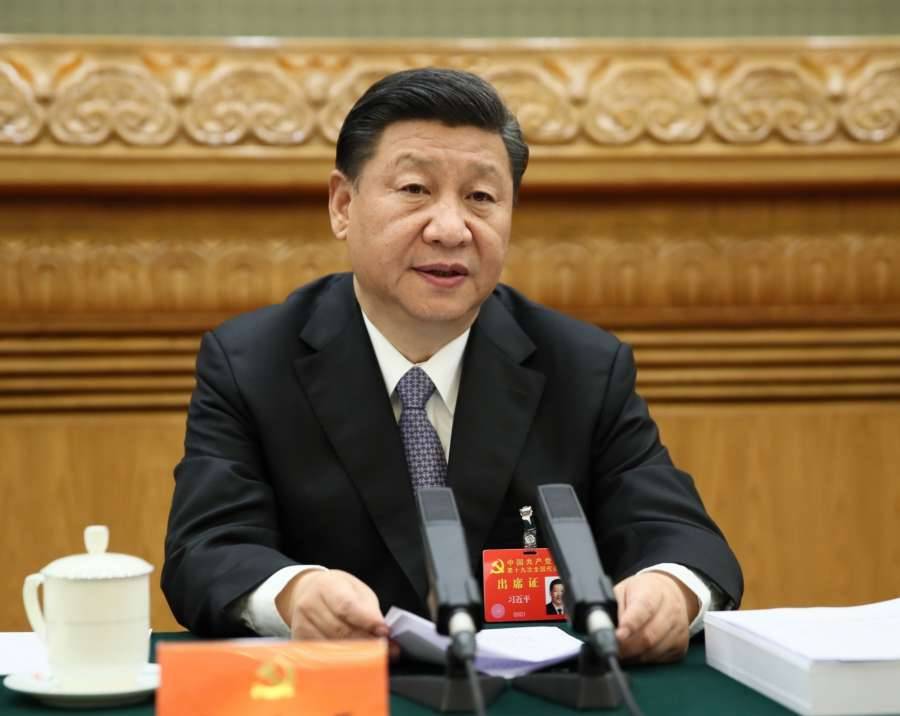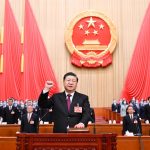Now global investment banks have also cut their forecasts for China’s economic growth. They estimated the economy to contract from 8.2 per cent to 7.8 per cent….reports Asian Lite News
China is experiencing its worst power shortage since the 1980s, a phenomenon that puts at risk the country’s post-COVID-19 economic growth and supply chains by shutting down electricity in homes and industries alike, a media report said.
The power cuts also affect suppliers to global tech giants such as Apple and Tesla. In September, factory activity shrunk as much as 44 per cent, reaching the low point of February 2020, when the coronavirus pandemic hit the hardest, Portal Plus, a news website, reported.
Now global investment banks have also cut their forecasts for China’s economic growth. They estimated the economy to contract from 8.2 per cent to 7.8 per cent.
Top state-owned energy companies have been ordered by the officials of the Chinese government to secure supplies for this winter at all costs, otherwise, they may face the consequences, said Portal Plus.
There are various businesses that are hardest hit by the outages including energy-intensive industries as steel-making, aluminum smelting, cement manufacturing and fertiliser production.
Companies in major manufacturing areas have been called by the government to reduce energy usage during periods of peak demand or limit the number of days that they operate.
China’s development planner, the National Development and Reform Commission (NDRC), intends to solve the crisis by asking power-generating companies to increase output and promote the rationing of electricity.
In turn, the power companies, represented by China Electricity Council, stated that “coal-fired power companies were now ‘expanding their procurement channels at any cost’ in order to guarantee winter heat and electricity supplies”. However, finding new sources of coal supply is easier said than done, because, among the suppliers, Russia is already focused on its customers in Europe, Indonesian output has been hit by heavy rains and nearby Mongolia is facing a shortage of road haulage capacity, according to Portal Plus.

‘Worker lives matter’ campaign in China
Aggrieved Chinese office workers have recently initiated a ‘worker lives matter’ campaign over gruelling work hours in the country.
The campaign is against the ‘996 work culture’ in the country. According to this culture, people are scheduled to work from 9 am to 9 pm for six days in a week, Taiwan News reported.
The campaign asks employees to share their work schedules on an open-access spreadsheet that is being circulated over the internet.
As per the updates on Thursday, the sheet had entries from over 4,000 people working in tech giants including Tencent, Alibaba and ByteDance.
Meanwhile, China has witnessed a huge backlash from the people against the dreaded work schedule in recent years, Taiwan News reported.
This 996 culture has also been publically praised by founders of China’s tech unicorns, including Jack Ma, who once reportedly said that “To be able to work 996 is a huge bliss.”
But Chinese population, particularly youth emphasis on healthy life and a balance work trend with phrases such as “laying flat” and “feeling fish” being used as terms for slacking off among exhausted employees, Taiwan News reported.
Besides, Chinese tech companies are also attempting to bring productivity-enhancing tools into everyday office life, worker’s efficiency is being channelized into squeezing more value from employees by using software-driven surveillance management and monitoring into their professional lives.
Despite fierce criticism over such aggressive practices and complaints from employees, they have had little impact on investor sentiment, reported Nikkei Asia.
Companies are running even more brutal working hours – ByteDance allows its employees a full weekend only every other week, while employees at Pinduoduo’s newer units are required to work at least 300 hours a month. (ANI)













